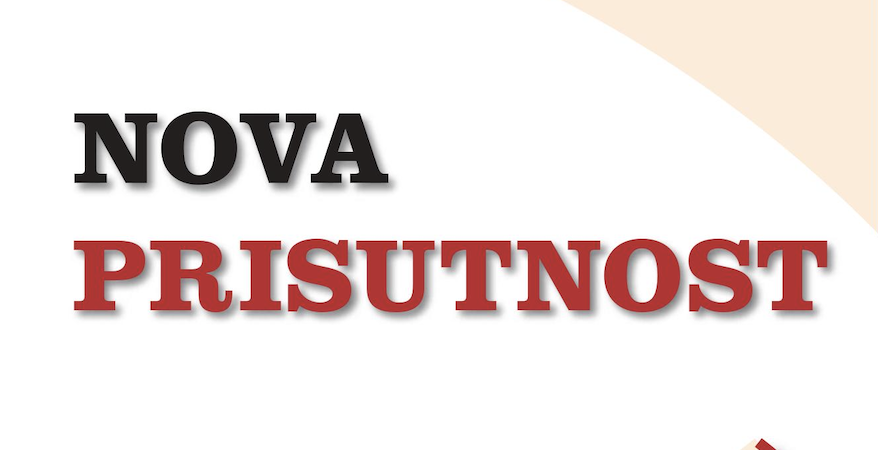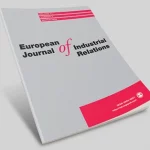Sanja Tišma, Ph.D., scientific advisor in permanent position from the Institute for Development and International Relations, Zagreb, Danijel Baturina, Ph.D., research associate from the Centre for Social Work Study at the Faculty of Law, University of Zagreb, Maja Janković, expert associate from the Institute for Development and International Relations, Zagreb, and Damir Demonja, Ph.D., scientific advisor in permanent position from the Institute for Development and International Relations, Zagreb published a scientific article, categorized as a Preliminary Communication, entitled Veterans’ Social Working Cooperatives as a Model of Social Entrepreneurship in the Republic of Croatia (in Croatian language). The article is published in the scientific journal „Nova prisutnost – Časopis za intelektualna i duhovna pitanja“ („New Presence – Journal of Intellectual and Spiritual Issues“). The journal is indexed in CSA Sociological Abstracts database, DOAJ, EBSCO, ERIH Plus, Web of Science Core Collection (WoSCC) – Emerging Sources Citation Index (ESCI), HRČAK, Index Copernicus, Religious & Theological Abstracts (Myerstown, USA), SCOPUS, Worldwide Political Science Abstracts databases with impact factors in the first (Q1) (religious sciences) and second (Q2) quartiles (philosophy). The publisher of the scientific journal „New Presence – Journal of Intellectual and Spiritual Issues“ is Christian Academic Circle (Kršćanski akademski krug) from Zagreb.
The full text is available at: https://hrcak.srce.hr/file/441904.
Abstract
Social entrepreneurship in the Republic of Croatia is a relatively new concept. The issue of the development of social entrepreneurship in the Republic of Croatia is closely related to the lack of an appropriate legal framework, and with the still insufficiently clear criteria for recognizing social entrepreneurs. Cooperatives have a strong potential as one of the instruments of economic and local development, especially social cooperatives that help the socially disadvantaged, the infirm and people in difficult life situations. Veterans belong to a vulnerable group in Croatian society, whose integration into society is still difficult for a number of reasons. Some of the factors are the insufficiently clear and harmonized legislative framework, the insufficient social welfare system and the generally unfavorable social environment. Therefore, veterans’ social working cooperatives represent a potential form of association that enables veterans to be more easily included in society, with the development of entrepreneurial activities and at the same time achieving a positive social role. The assessment of the state of cooperatives in the Republic of Croatia showed that the veterans’ population is insufficiently informed about the possibilities of acting within the framework of social entrepreneurship. This paper specifically considers the potential of veterans’ social working cooperatives as work integration social enterprises.Given that long-term unemployed Croatian veterans of the Homeland War and members of their families are often in the group of hard-to-employ persons, there is a need to take certain measures aimed at strengthening their competitiveness in the labor market.






